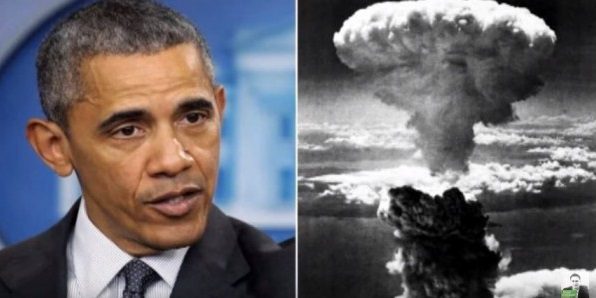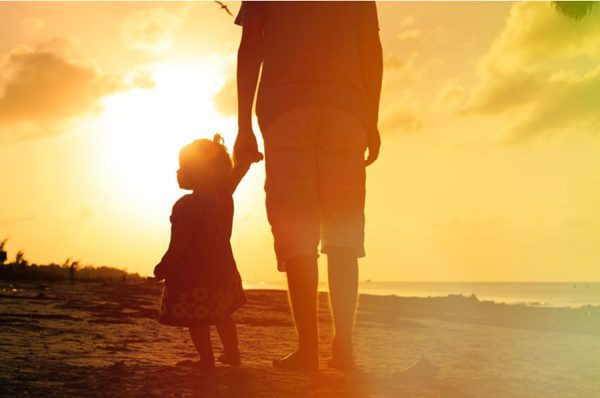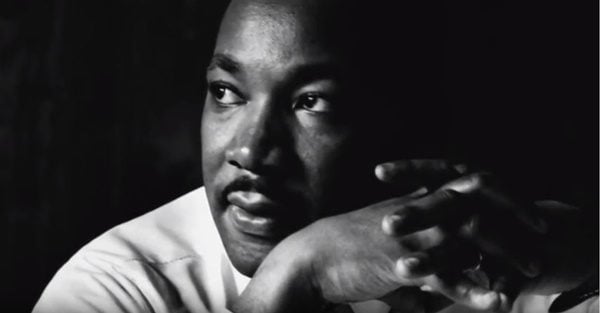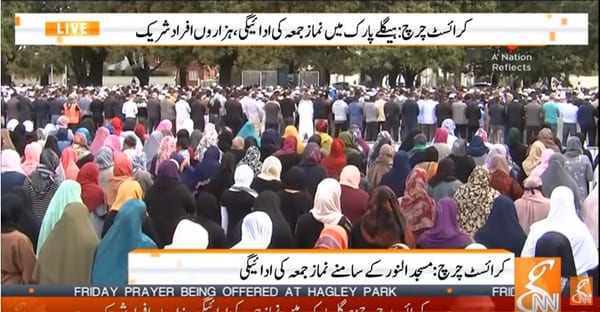 When President Obama visits Hiroshima, he should apologize on behalf of the United States, and back it up with an embodied commitment to total disarmament.
When President Obama visits Hiroshima, he should apologize on behalf of the United States, and back it up with an embodied commitment to total disarmament.
The thought of an apology is scandalous to many Americans, and the Obama administration is emphasizing that this visit is not an apology but an opportunity to, in the words of deputy national security advisor Ben Rhodes, “offer a forward-looking vision focused on our shared future,” and express a commitment to a world free of nuclear weapons.
Yet when he stands upon ground hallowed by the blood of hundreds of thousands killed by American hands — civilians incinerated without warning – it is my fervent hope that his heart will burst with the sorrow and remorse we should all feel for loss of life, for the hearts stopped, the bodies burned, the families broken, the futures stolen. On behalf of our nation, President Obama will look into the eyes of the survivors who, with poisoned and injured bodies, rebuilt their shattered lives in the shadow of lost loved ones from charred and disparate fragments. It is my prayer that in this experience, our president admits, for the sake of us all, that the cruelty of war can serve no purpose to amend for the obliteration of God’s image and beloved creation thousands of times over.
Though President Obama has promised not to apologize for this ultimate war crime, the truth of the horror that befell Hiroshima and Nagasaki should compel us to atonement. Whether or not our leaders commit to peace, it is incumbent upon all of us to repent of our faith in violence, especially when confronted with its devastating human toll.
We first must learn the truth about the atomic bombs, which is that they were irrelevant to ending the war with Japan. Robert Freeman of Common Dreams quotes General Dwight D. Eisenhower who, in agreement with other generals and experts, said, “Japan was already defeated and the dropping of the bomb was completely unnecessary.” Freeman goes on to explain that American intelligence had long since broken Japanese codes and knew of their plans to surrender when the bomb was dropped, likely to prevent the Soviet Union from entering Asia and strengthening communism. The dropping of the bombs began an arms race that has now spread across the globe and threatens to destroy us many times over.
Yet national mythology holds that dropping the bombs was a necessary and thereby heroic action. Many people cling to that assessment, because conceding that the killing of more than 200,000 people (by conservative estimates) was unnecessary means facing the monstrosity of our violence. So we convince ourselves that dropping 2 bombs in 3 days and indiscriminately taking out entire cities was the right thing to do. How much subconscious dehumanization must go into the mindset that justifies such an action? How can we hope to build true friendships when we harbor prejudice that allows us to find an ultimate good in the terrible destruction to which thousands of innocents were sacrificed and with which millions more were terrorized?
Of course, many refuse to see the innocence of the victims, even though Hiroshima has long been understood to be a city and not, as President Truman first lied, a military base, and even though practically no time was given to surrender before a second bomb was dropped on Nagasaki. Many are loath to apologize for the bombs because they believe in the righteous use of them against those who attacked Pearl Harbor, abused American prisoners, and committed war crimes of their own. Some suggest that apologizing for the bombs is tantamount to denying the guilt of those with whom we were at war.
The Japanese government, however, in contrast to the majority of the people of Hiroshima, shuns an apology from the United States for the opposite reason. Japanese officials like Prime Minister Shinzo Abe seem reluctant to set off a “chain reaction of apologies” and highlight the war crimes Japan committed in Asia as well as against Allied soldiers. Indeed, shining a light onto the atrocities of war can produce a mimetic response of contrition as confession opens channels of compassion and self-reflection. It can be far easier to believe that all standards of human decency and kindness can be suspended for war than to hear an enemy confess and be thus compelled to look at one’s own atrocities.
Confessing our own violence would not deny violence committed against us. Rather, an apology could call attention to war atrocities of the past and present on all sides. Admitting that the deadliest bombings in history had selfish strategic motivations, admitting that life was so thoroughly devalued and destroyed for no greater good (as if a greater good could exist) could force people on all sides to rethink the “necessities” of other wars past and present. Debunking one war lie could lead to the debunking of many war lies. And governments built on violence, powers upheld and strengthened by the looming threat of death, seek to extinguish the light of truth.
As long as we are blinded by the mythology of the nobility of our violence, we cannot move forward toward a world without nuclear weapons. We will continue to harbor the lie that such weapons of utter destruction may be necessary, that some lives are worth less than others, that some might have to die for others to live. Even as the Obama administration makes a symbolic gesture toward a nuclear weapon-free world, our nuclear arsenal is getting a $1 trillion nuclear upgrade, which – while getting rid of some weapons – would modernize and extend the lifespan of others. Both the United States and the Japanese governments know that an apology for the atomic bombs and a re-examination of war from the perspectives of the victims and survivors are essential to their stated goal of a nuclear-weapon-free world. But neither administration is ready to renounce war or the possibility of using any particular weapon in the future. It’s up to us, the people, to persuade them.
A chain reaction of apologies is the antidote to the chain-reaction of violence that has plagued humanity since the foundation of the world. It is essential to true reconciliation and a foundation for peace. But it means upending the deceptions and justifications and blindness that have entrapped all of us, leaders and citizens alike, and the more power one has, the more threatening this is. We need to transfer the courage that we glorify in war-making to the tasks of truth-telling, self-critique, and peace-making. As the Japanese people welcome our president with forgiveness and hope for peace even if he shows no contrition, we must humbly receive forgiveness and forgive as we are forgiven. The harsh light shined upon our monstrosities can be borne with mutual mercy.
Unless we face the truth of our violence, we will continue to live by the sword until we die by the sword. Reconciliation will not be easy. Surviving in a world built on violence, however, is ultimately impossible.
Image: Screenshot from Youtube. “Obama to Visit Hiroshima, But There’s A Catch” by Secular Talk
Stay in the loop! Like Teaching Nonviolent Atonement on Facebook!















